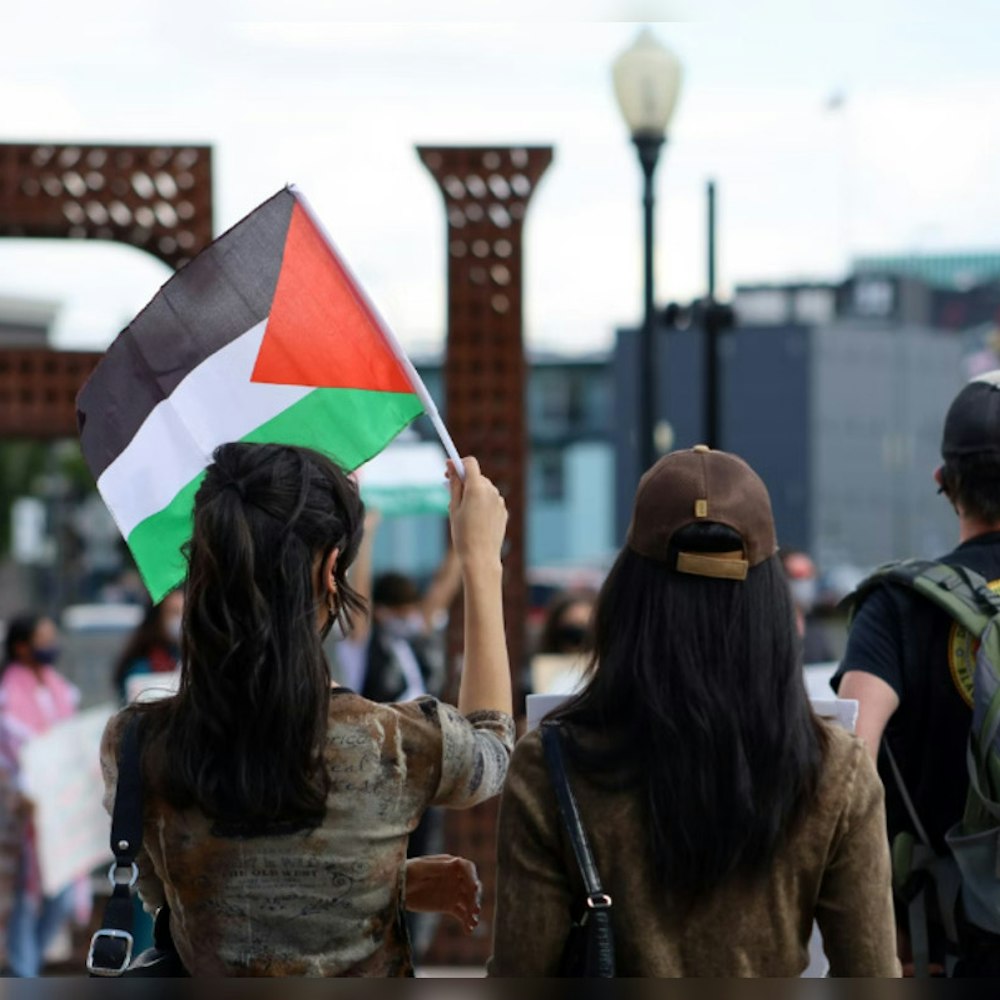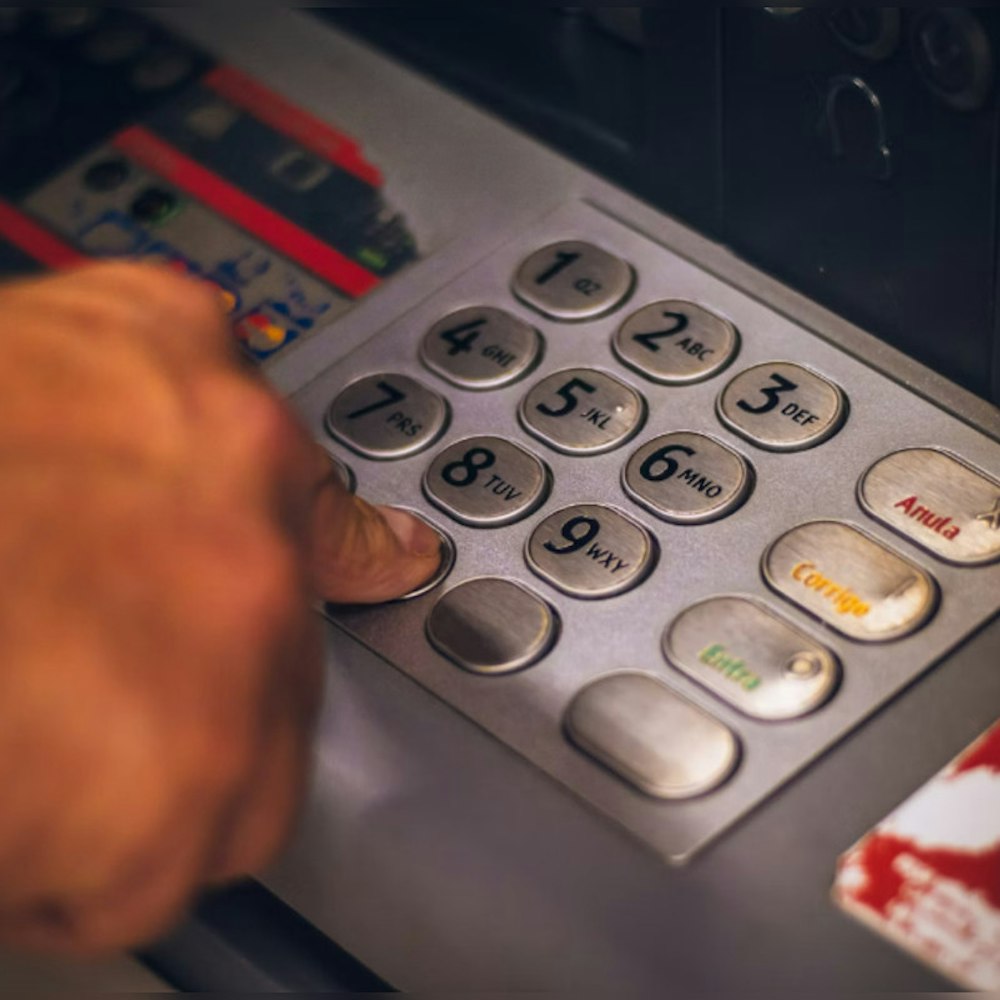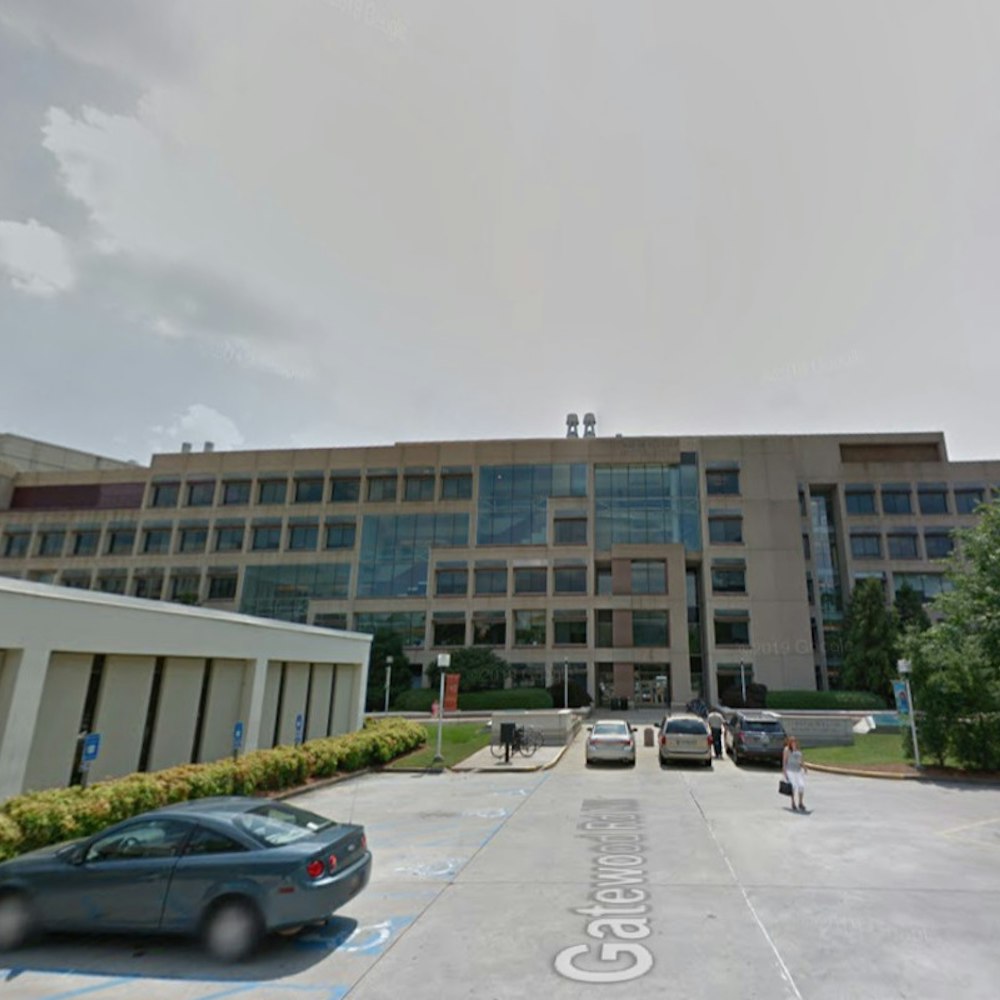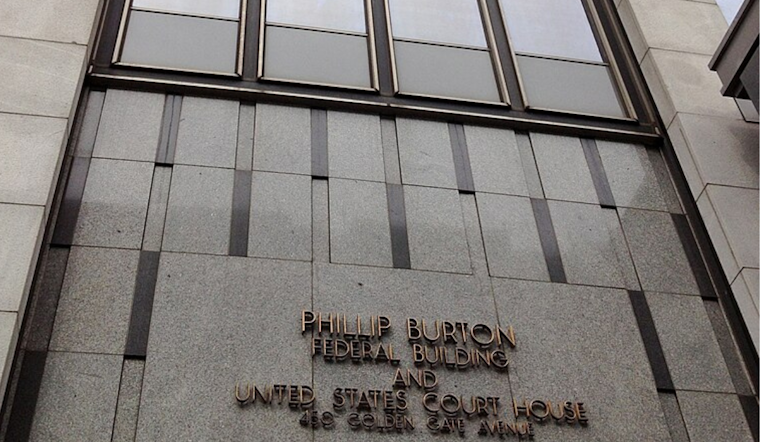
San Francisco's crimefighting scene just got a major upgrade with U.S. Attorney Ismail Ramsey's recent unveiling of the Whistleblower Pilot Program. In a move to thoroughly root out criminal activities within its jurisdiction, the Northern District of California (NDCA) is now arming potential informants with incentives to spill the beans on illegal deeds—from fraud and public corruption to the theft of juicy trade secrets. The official policies underpinning this bold strategy were laid out today, looking to attract insiders who're ready to come clean and cooperate.
Earlier this month, on March 7, U.S. Deputy Attorney General Lisa Monaco launched the pilot in San Francisco at the American Bar Association’s white-collar crime symposium. She described the program as a similar setup to those "Voluntary Self Disclosure" plans—that aim to get companies to quickly own up to any internal wrongdoings. Likewise, the new Whistleblower angle looks to do the same, by offering non-prosecution agreements to betray certain categories of culprits who decide to self-disclose. "Our District's new Whistleblower Program creates a strong incentive for wrongdoers to come forward, report crimes, and cooperate with us in several critical areas – fraud, public corruption, and theft of trade secrets. In exchange for the self-disclosure of unknown federal crimes and for ongoing cooperation against other individuals, qualifying whistleblowers can receive a promise from this Office not to prosecute them," Ramsey stated, as detailed on the Justice Department's website.
It's a straightforward trade—come clean about your criminal activities before somebody else does, and you'll potentially to avoid being on the wrong side of the law. Ramsey's clear-cut message to both companies and individuals is simple: if you know a crime has been committed, there's a limited window for you to achieve some leniency. However, if you sit tight and someone beats you to the punch, you're going to face the full brunt of prosecution and punishment. The NDCA is betting big on the principle that when given the choice, wrongdoers will choose a path to redemption that comes with the perk of immunity—provided they're the first to fess up and have valuable intel against their co-conspirators.
The program emphasizes the importance of early and voluntary self-disclosure, and will sign off on non-prosecution agreements with those who meet certain conditions—most crucial among them, that the disclosed crime wasn't already on the government's radar. This means only those with new information can expect to get a deal, further encouraging insiders to act quickly. The Whistleblower Pilot Program will serve as a beacon for lawful behavior, pushing individuals and their legal reps to come forward with actionable, timely information that could shine a light on more misconduct. Despite the program's intent to guide prosecutors, no promises of leniency are carved in stone—it ultimately remains at the U.S. Attorney's discretion to determine who qualifies for these sweetheart deals and who gets left out in the cold.
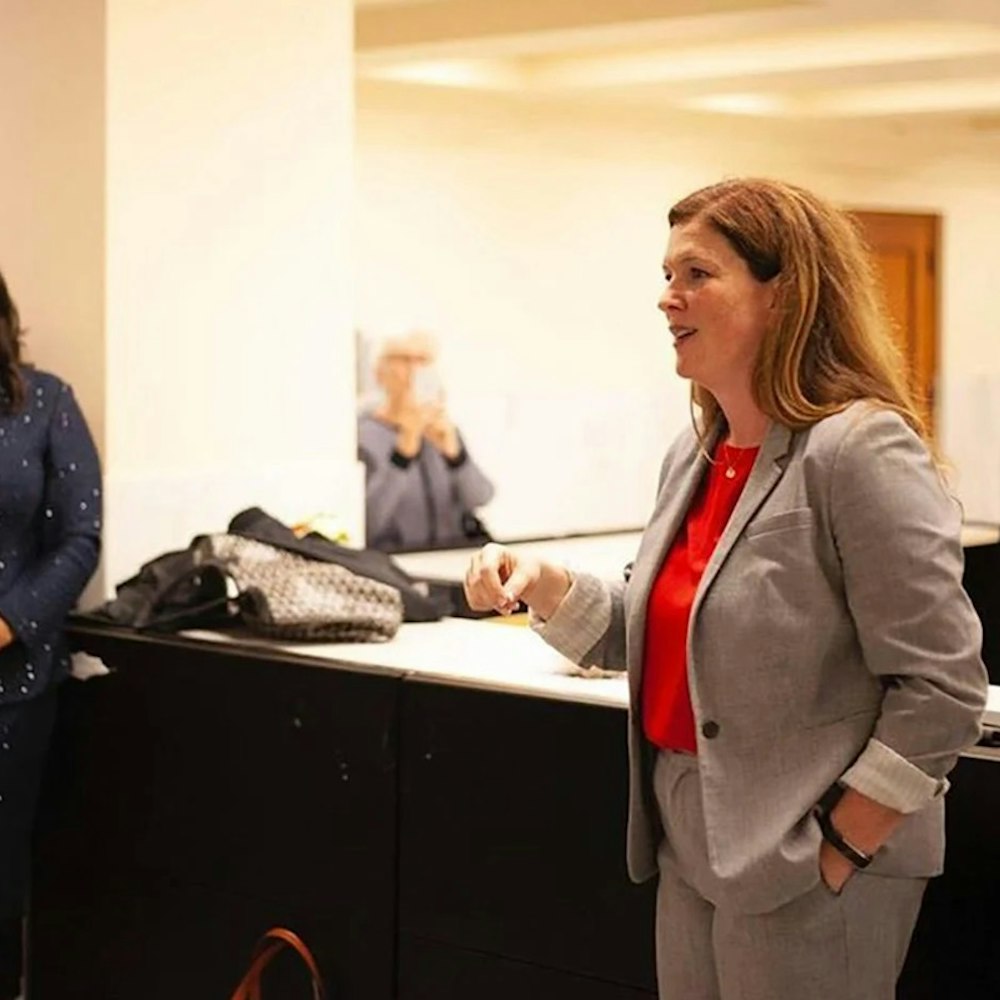
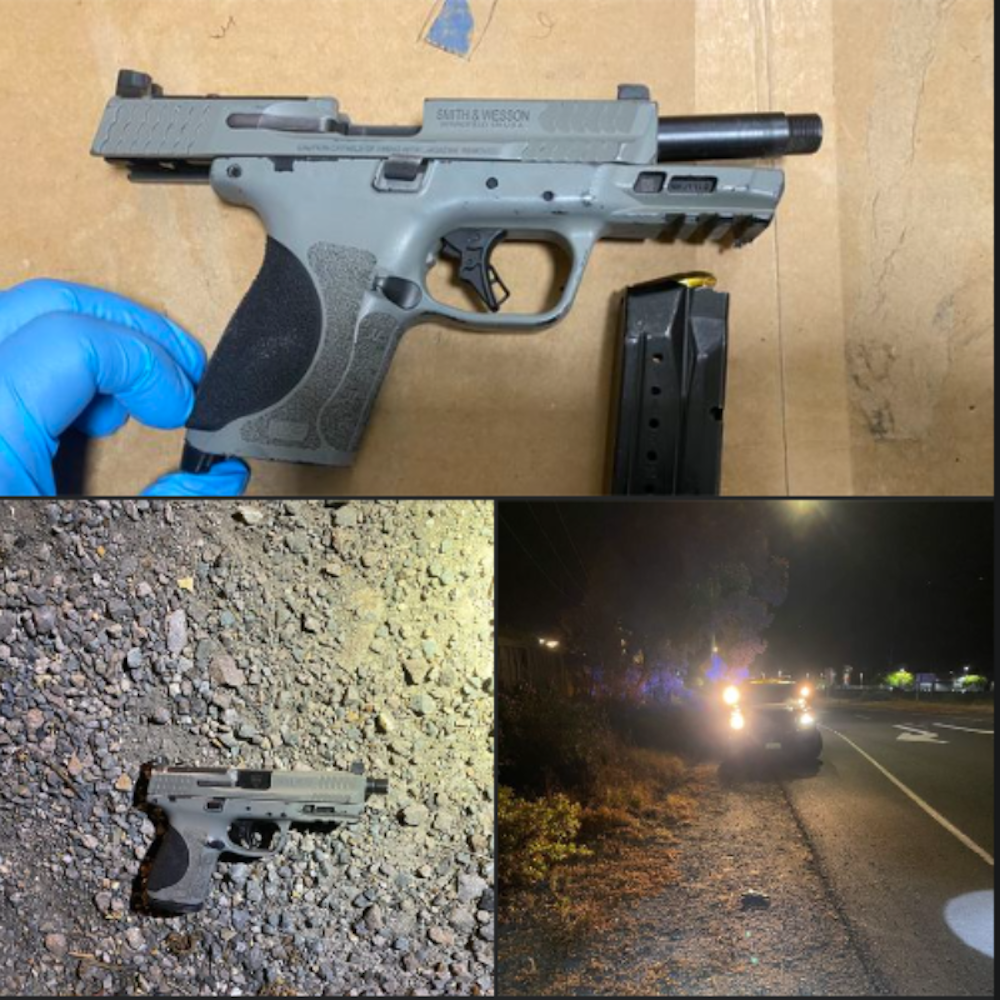

-2.webp?w=1000&h=1000&fit=crop&crop:edges)

